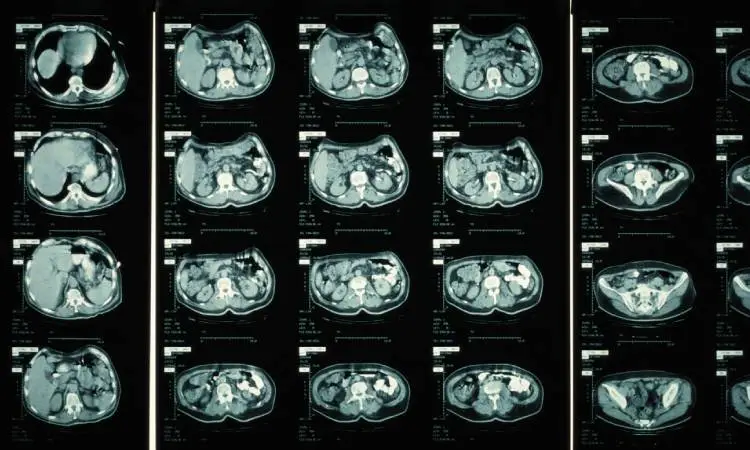Unlocking Diagnostic Power What Types of Diseases Can Be Detected by a CT Scan
In the realm of medical imaging, Computed Tomography (CT) stands as a revolutionary tool that has transformed the way healthcare professionals diagnose and treat a diverse range of medical conditions. This non-invasive imaging technique uses X-rays and advanced computer technology to create detailed cross-sectional images of the body. As we delve into the world of medical diagnostics, let’s explore the types of diseases that can be effectively detected by a CT scan.
Trauma and Injuries
CT scans are especially valuable in assessing traumatic injuries to bones, joints, and soft tissues. They provide clear images of fractures, dislocations, and internal injuries resulting from accidents, falls, or sports-related incidents. Rapid and accurate diagnosis through CT helps guide timely and appropriate treatment interventions.Cancers:
CT scans are instrumental in cancer detection, staging, and monitoring. They can reveal the presence, location, size, and spread of tumors in various parts of the body, including the lungs, liver, kidneys, and abdomen. CT-guided biopsies also enable physicians to obtain tissue samples for precise cancer diagnosis.
Cardiovascular Conditions
CT angiography is employed to visualize blood vessels and detect conditions like arterial blockages, aneurysms, and other cardiovascular abnormalities. It aids in diagnosing coronary artery disease and provides insights into the heart’s structure and function.Neurological Disorders:
CT scans of the brain help diagnose conditions such as strokes, hemorrhages, tumors, and infections. They offer detailed images of brain structures, allowing neurologists to pinpoint abnormalities and plan appropriate treatments.
Pulmonary Conditions
Lung-related disorders, such as pulmonary embolism, lung cancer, and chronic obstructive pulmonary disease (COPD), can be visualized and diagnosed accurately through CT imaging. High-resolution CT scans offer detailed views of lung tissue and airways.
Gastrointestinal Abnormalities
CT scans of the abdomen and pelvis are invaluable in diagnosing gastrointestinal issues like appendicitis, diverticulitis, and bowel obstructions. They provide insights into the intestines, liver, pancreas, and other abdominal organs.
Musculoskeletal Problems
CT scans are adept at capturing detailed images of bones, joints, and soft tissues, making them indispensable for diagnosing orthopedic conditions such as fractures, bone infections, and degenerative joint diseases.
Kidney and Urinary Tract Disorders
CT scans help identify kidney stones, tumors, cysts, and other urinary tract abnormalities. They provide a comprehensive view of the kidneys, ureters, and bladder, aiding in accurate diagnosis and treatment planning.
Infections and Inflammations
CT scans assist in identifying infections and inflammations in various parts of the body. They are crucial in detecting abscesses, sinus infections, and other localized infections.
Vascular Anomalies
CT angiography is instrumental in diagnosing vascular anomalies such as arteriovenous malformations (AVMs) and aneurysms. It provides detailed images of blood vessels and aids in treatment planning.
In the field of medical diagnostics, CT scans have revolutionized healthcare by providing detailed and precise images that aid in early detection, accurate diagnosis, and effective treatment planning. These scans have transformed the way healthcare professionals approach a wide spectrum of diseases, ultimately leading to improved patient outcomes and enhanced quality of care. As technology continues to advance, the potential of CT scans to contribute to medical knowledge and patient well-being remains truly remarkable.
